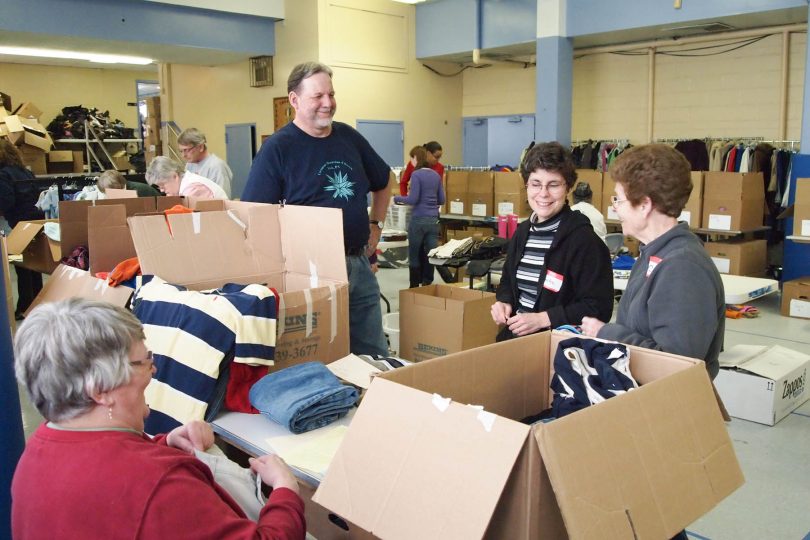Seventh Sunday after Pentecost
Last winter, at a congregational retreat of fifteen men aged thirty to eighty, we ate together, we skied and snowshoed together, played games together, sang together, and had hours of serious conversation together.
Parents talked about how trying to raise children with healthy, respectful attitudes toward the opposite sex. A landlord shared difficulties in providing housing for middle- and lower-income families. One person told of the prayer life that he and his wife shared. We recounted experiences with undocumented persons. I was struck by the wealth of the group’s experience and conviction as people of Jesus.
Today’s Gospel lesson reports that the people of Jesus’ hometown of Nazareth did not think Jesus had much to offer them, because they knew his family. (Luke, one of the other Gospels, reports that Nazareth residents did not care for Jesus because he asked to remember stories in their scripture—our Old Testament— about God’s love for foreigners.)
As if in response to his reception in Nazareth, Jesus did something to show his high opinion of his twelve apprentices closest to him. Up to this point, they had just been a friendly fellowship. Now Jesus put them to work and gave them a mission. He sent them out, in pairs, to do the same sort of things—healing, preaching, casting out demons—that he had been doing.
God, who is opened to us in Jesus, sees more possibilities in us than we see most of the time. Jesus would also like to send us out—probably not far away, but into our own communities.
Hermann Weinlick, retired pastor, Minneapolis, Minnesota

